
Religions in Tanzania | A Journey Through the Major Faiths
Tanzania, a country celebrated for its breathtaking landscapes and rich cultural heritage, is equally remarkable for its diverse religious landscape. With a blend of indigenous traditions, major world religions, and smaller faith communities, Tanzania presents a fascinating study of how different beliefs coexist and enrich each other. This blog explores the major religions in Tanzania, delves into their histories, and highlights the peaceful coexistence that characterizes this vibrant nation.
Religious Diversity in Tanzania
Tanzania is a tapestry of diverse cultures and traditions, each contributing to its rich religious fabric. The country’s religious demographics are a reflection of its historical interactions with various civilizations, from early traders and missionaries to contemporary global influences. Understanding this diversity is key to appreciating how Tanzania navigates its multicultural identity.
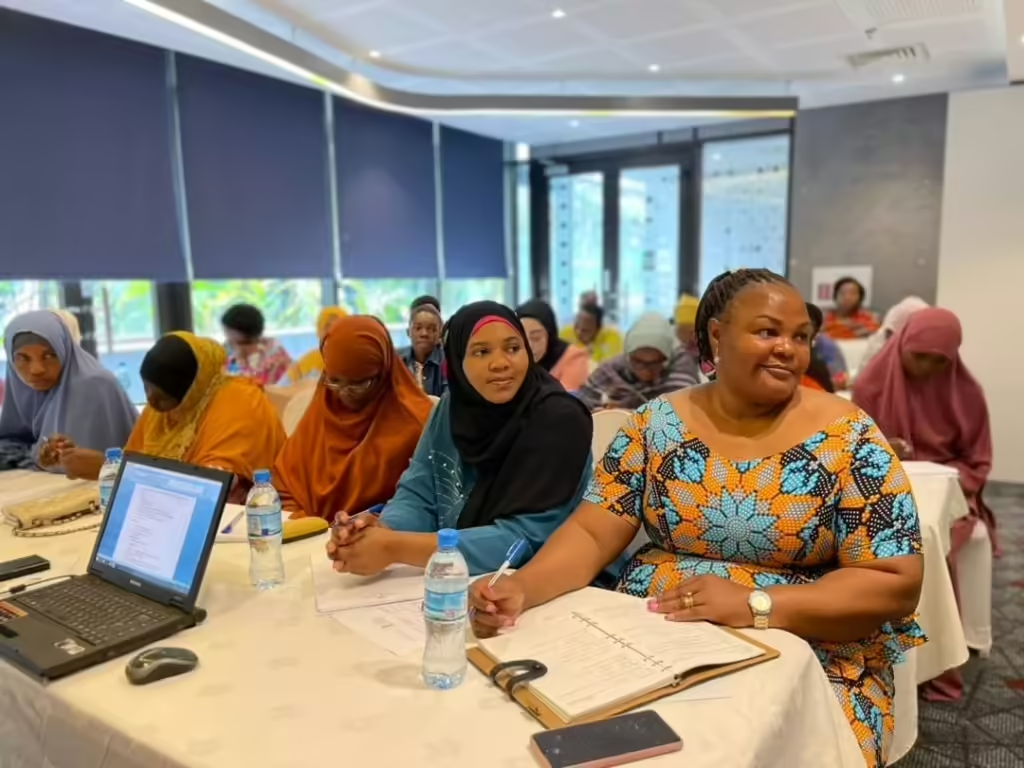
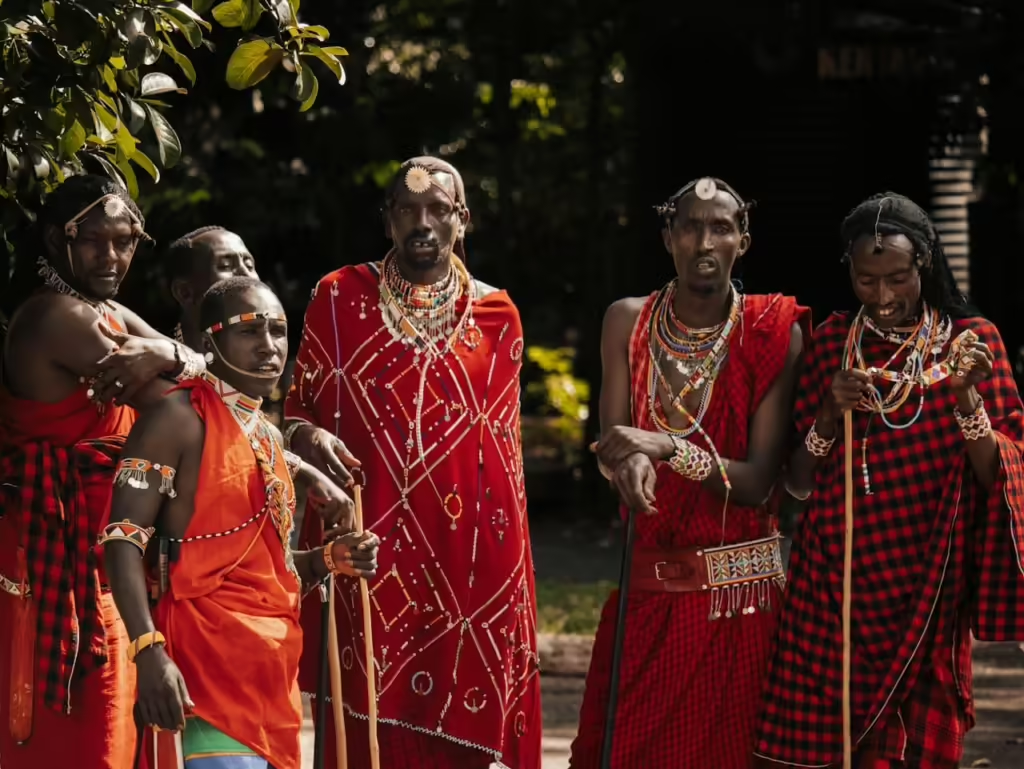
Religious Demographics
Tanzania’s religious landscape is dominated by Christianity and Islam, with indigenous beliefs and smaller religious communities also playing significant roles. Approximately 63% of Tanzanians identify as Christian, while around 34% are Muslim. The remaining consists of followers of indigenous beliefs, Hinduism, Bahá’í Faith, Sikhism, and Judaism.
This diversity creates a dynamic and vibrant religious environment where various faiths not only coexist but also contribute to the cultural richness of the nation. This blog will explore each of these religious traditions in detail, focusing on their history, practices, and the unique ways they shape Tanzanian society.
Christianity in Tanzania
Christianity first arrived in Tanzania during the 19th century with European missionaries who ventured into East Africa. The early missionaries focused their efforts on the coastal regions and eventually spread inland. The introduction of Christianity marked a significant shift in Tanzanian religious life, leading to the establishment of various Christian denominations.
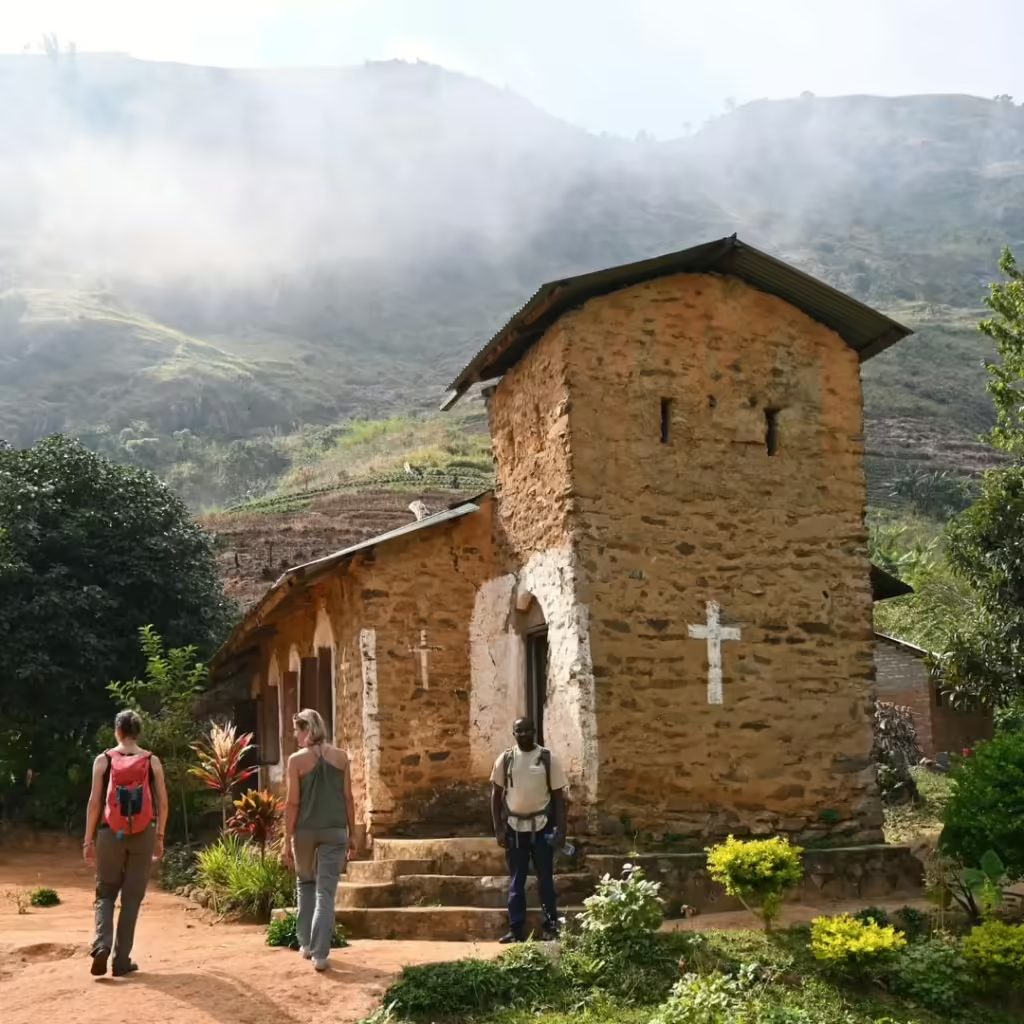
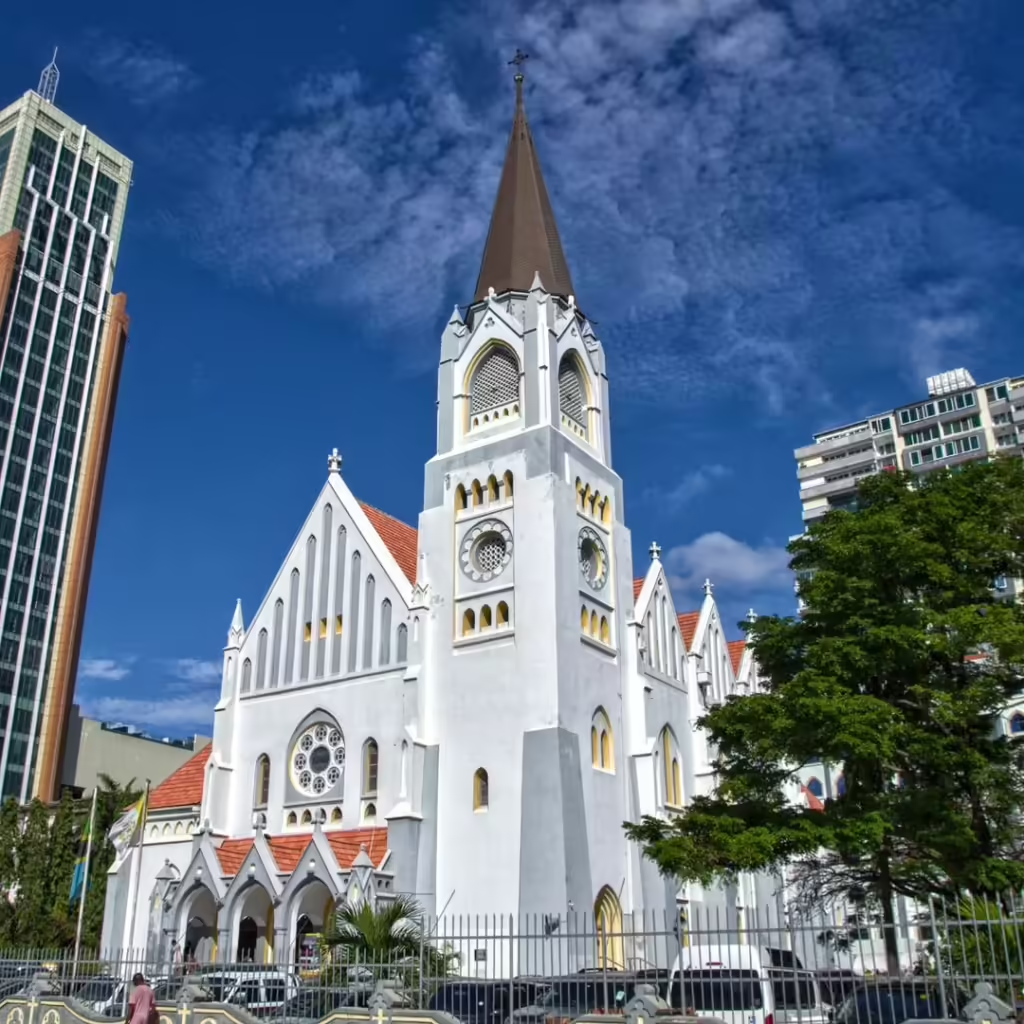
Major Denominations
Today, Tanzania is home to a vibrant Christian community with diverse denominations. The Roman Catholic Church and the Anglican Communion have a substantial presence, contributing significantly to education and healthcare services across the country. The Catholic Church operates numerous schools, hospitals, and community outreach programs, reflecting its deep-rooted impact on Tanzanian society.
Pentecostalism has also experienced rapid growth, introducing dynamic and charismatic forms of worship that resonate with many Tanzanians. Pentecostal churches often host lively services characterized by vibrant music, enthusiastic preaching, and an emphasis on personal spiritual experiences.
Christian Festivals and Celebrations
Christian life in Tanzania is punctuated by vibrant celebrations of major religious holidays. Christmas and Easter, two of the most significant Christian festivals, are celebrated with fervor. During Christmas, churches are filled with joyous worship services, and communities come together for festive meals and social gatherings. Easter is marked by elaborate church services, reenactments of the Passion of Christ, and various community activities.
In addition to these major holidays, Christian events such as weddings, baptisms, and confirmations are celebrated with great enthusiasm, reflecting the deep-seated Christian traditions that influence daily life in Tanzania.
Islam in Tanzania
Islam’s arrival in Tanzania dates back to the 8th century when Arab traders brought the faith to the East African coast. Zanzibar, in particular, emerged as a significant center of Islamic culture and influence. The island’s historical connections to the broader Islamic world helped shape its cultural and religious landscape.
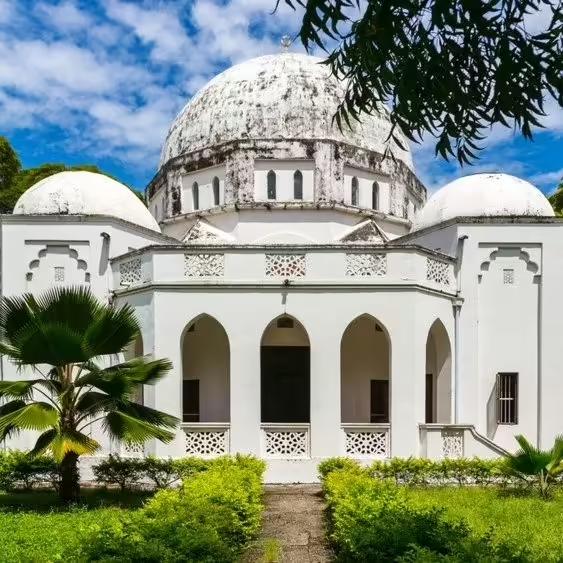
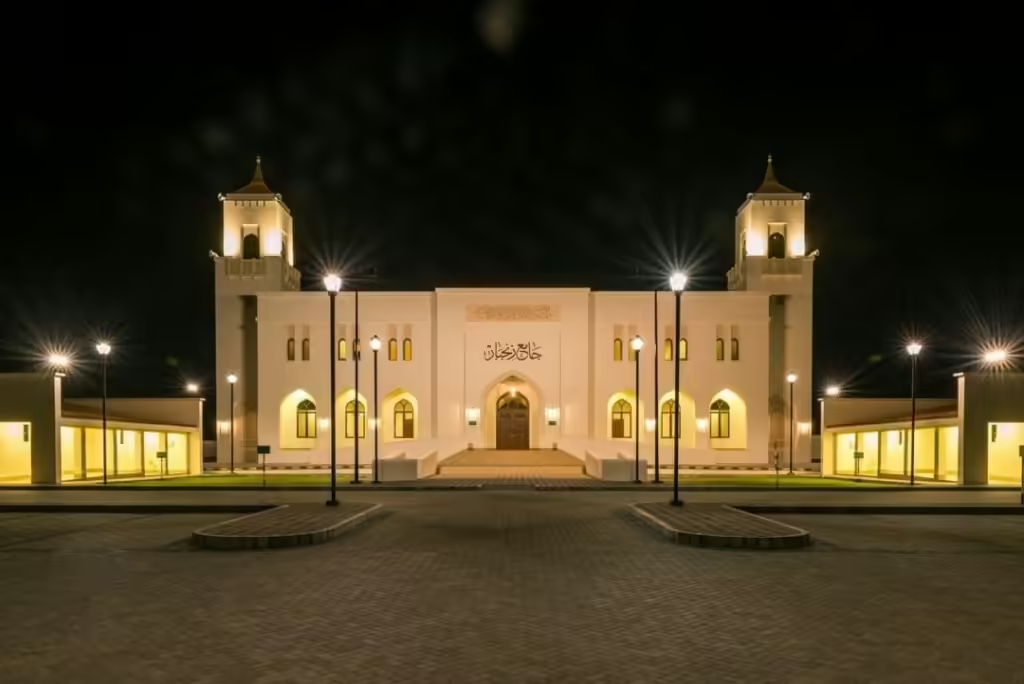
Islamic Practices and Community Life
Islam is practiced with devotion across Tanzania, with daily prayers, fasting during Ramadan, and the celebration of Eid being central to Muslim life. Ramadan, the holy month of fasting, is observed with community iftar meals, special prayers, and increased devotion. Eid celebrations, marking the end of Ramadan, are marked by communal prayers, festive meals, and acts of charity.
The Muslim community in Tanzania is diverse, with a strong presence on both the mainland and Zanzibar. Mosques serve as vital centers for religious and community activities, providing spaces for worship, social gatherings, and educational programs.
Mosques and Islamic Education
Mosques in Tanzania play a crucial role in community life, offering not only a place for prayer but also for educational and social activities. Islamic education is well-established, with madrassas providing religious instruction and training for young Muslims. Additionally, Islamic universities offer higher education opportunities, contributing to the intellectual and spiritual development of the Muslim community.
Smaller Religious Communities
The Indian diaspora has significantly influenced Tanzania’s religious landscape, with Hinduism being one of the key contributions. The arrival of Indian immigrants in the 19th and 20th centuries brought Hindu customs, traditions, and temples to Tanzania. Hindu temples, such as the Shree Sanatan Hindu Union Temple in Dar es Salaam, serve as centers for worship and cultural activities.
Festivals like Diwali, the Hindu festival of lights, are celebrated with vibrant events and rituals. The festival is marked by communal gatherings, religious ceremonies, and festive meals, reflecting the rich cultural heritage of the Hindu community in Tanzania.


In addition to Hinduism, Tanzania hosts smaller religious communities, including Sikhism, and Judaism. The Bahá’í Faith, with its emphasis on unity and equality, has a presence in Tanzania and actively promotes interfaith dialogue and social harmony. Sikhism and Judaism, though smaller in number, also contribute to the country’s diverse religious landscape.
These smaller communities, while less numerous, play a vital role in the nation’s religious and cultural diversity. Their presence enriches Tanzania’s religious mosaic and underscores the country’s commitment to inclusivity and respect for all faiths.
Indigenous and Traditional Beliefs
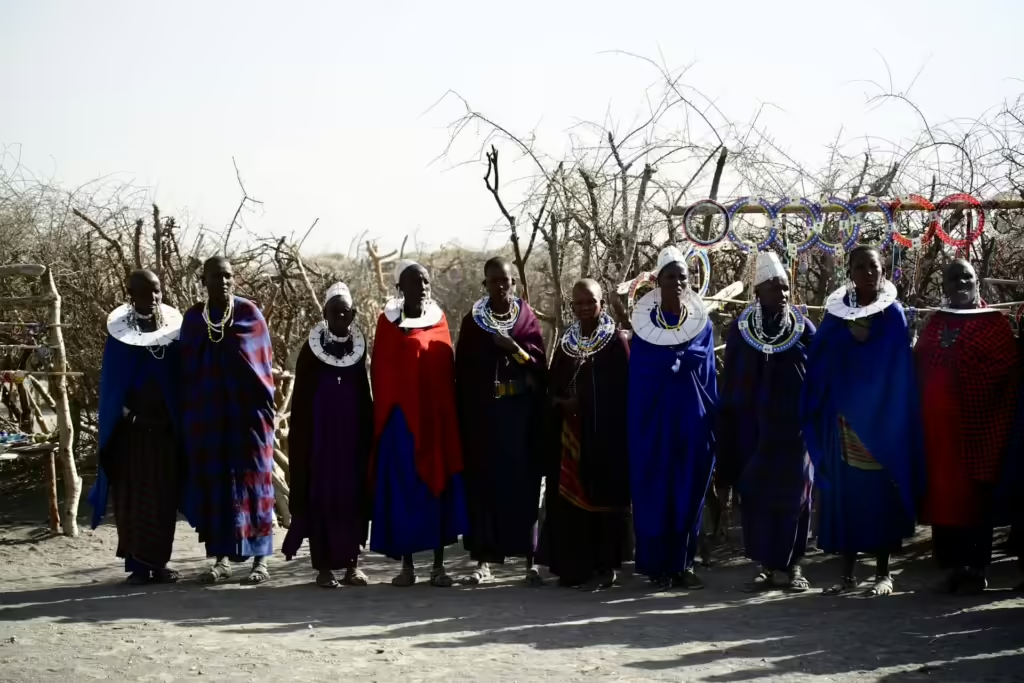
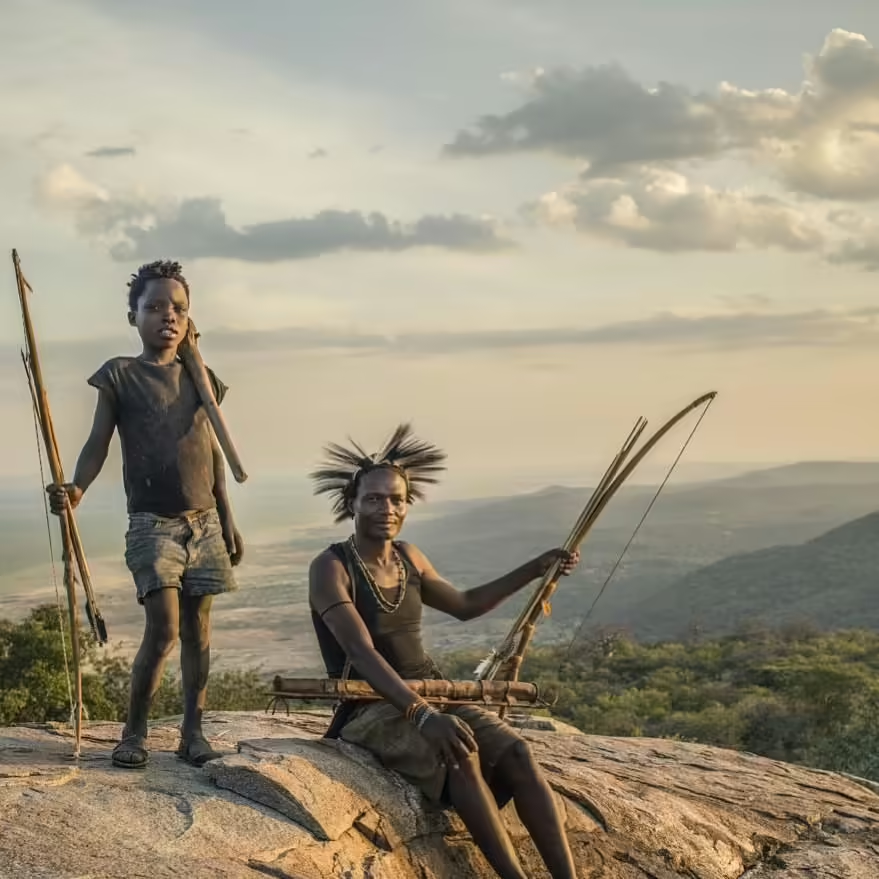
Historical Context
Before the advent of major world religions, Tanzania’s indigenous beliefs formed the foundation of its spiritual and cultural practices. These traditional beliefs are deeply embedded in the land and its people, reflecting a profound connection to nature, ancestors, and spiritual forces.
Practices and Ceremonies
Indigenous practices in Tanzania include various rituals and ceremonies that honor the natural world and ancestral spirits. Initiation rites, harvest festivals, and traditional healing ceremonies are integral to indigenous cultures. These practices often involve communal participation, storytelling, and the use of sacred objects and symbols.
Despite the influence of major world religions, indigenous beliefs continue to shape cultural practices and are often integrated with other religious traditions. This blending of old and new reflects Tanzania’s ability to preserve its cultural heritage while embracing diverse faiths.
Religious Harmony and Coexistence in Tanzania
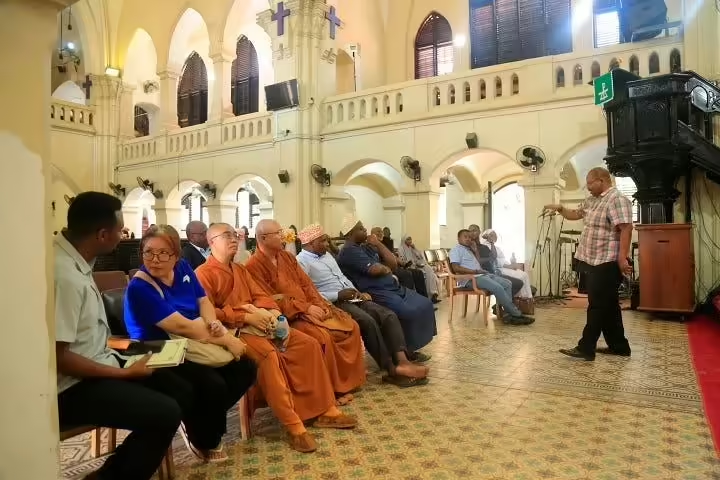
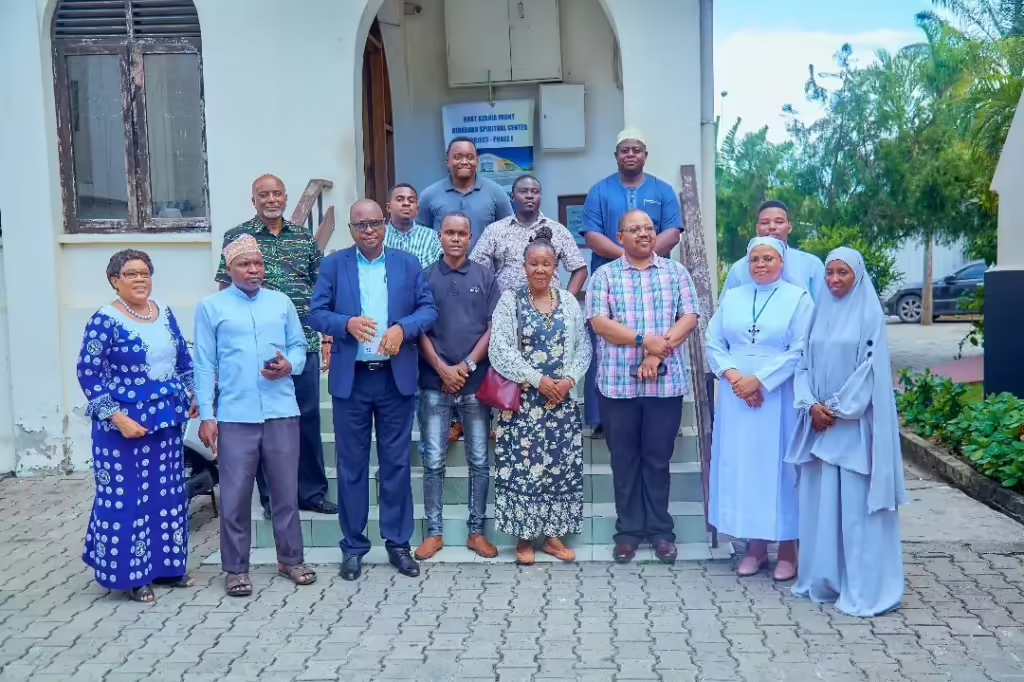
One of Tanzania’s most notable achievements is its ability to maintain religious harmony and coexistence among its diverse faith communities. The nation is known for its commitment to mutual respect and collaboration among different religious groups. This harmonious coexistence is evident in various aspects of Tanzanian life, from interfaith dialogue to collaborative community projects.
Challenges and Opportunities
While Tanzania is celebrated for its religious harmony, challenges can arise from its diverse religious landscape. Differences in beliefs and practices may sometimes lead to misunderstandings or conflicts. However, the country’s commitment to promoting religious tolerance and addressing these challenges through dialogue and education offers opportunities for further strengthening interfaith relations.
Religious tourism also presents an opportunity for cultural exchange and understanding. By exploring Tanzania’s religious sites and participating in local festivals, visitors can gain a deeper appreciation of the country’s rich religious heritage and contribute to the ongoing dialogue of unity and respect.
Conclusion
Tanzania’s religious landscape is a vibrant and dynamic reflection of its cultural heritage. From the historical roots of indigenous beliefs to the diverse practices of major world religions, each faith tradition contributes to the country’s unique identity. Understanding and appreciating this religious diversity offers valuable insights into Tanzania’s societal fabric and the ways in which different beliefs coexist harmoniously.
Experience Tanzania with Maximilian Adventures
Discover the rich tapestry of Tanzania’s religious and cultural heritage with Maximilian Adventures. Our curated tours offer immersive experiences, including visits to significant religious sites, participation in festivals, and opportunities to engage with local communities. Book your journey today to explore Tanzania’s profound religious diversity and cultural richness.
FAQs
What are the main religions in Tanzania?
The main religions in Tanzania are Christianity and Islam. About 63% of the population identifies as Christian, which includes denominations like Roman Catholic, Lutheran, Anglican, and Pentecostal. Islam accounts for approximately 34% of the population, predominantly Sunni, with notable communities on the mainland and Zanzibar. Indigenous beliefs, Hinduism, and smaller religious communities also contribute to Tanzania’s religious diversity.
What are the key religious festivals celebrated in Tanzania?
Major Christian holidays like Christmas and Easter are widely celebrated with church services and community gatherings. Muslims celebrate Ramadan and Eid, which include fasting, prayers, and festive meals. These celebrations are public and often inclusive, with communities coming together regardless of religious background.
Is Hinduism practiced in Tanzania?
Yes, Hinduism has a small but significant presence in Tanzania, primarily among the Indian diaspora. Hindu temples are found in cities like Dar es Salaam, and festivals like Diwali are celebrated with community events and religious ceremonies.
Is Tanzania an Islamic country?
No, Tanzania is not officially an Islamic country. It is a secular nation where both Islam (34%) and Christianity (63%) are practiced. While Islam is the dominant religion in Zanzibar and coastal regions, the country maintains religious freedom and a neutral stance regarding faith.
Recent Posts
Where to Stay in Tanzania | Lodges, Resorts and Campsites
Why Chapwani Island Should Be on Your Travel List in 2025
Must-See Waterfalls in Tanzania: A 2025 Traveler’s Guide

Safari




